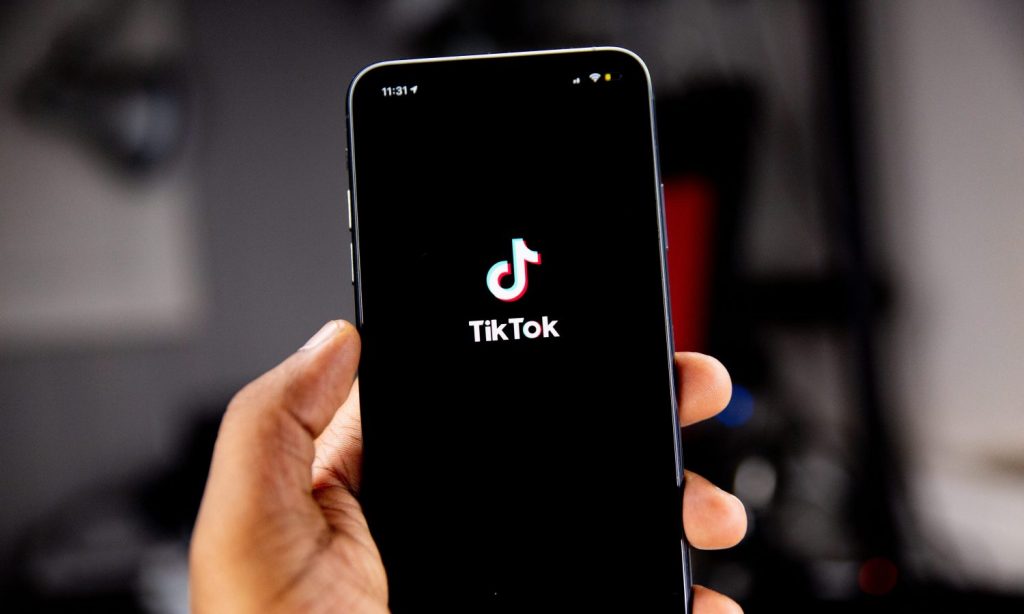In partnership with The Fresh Toast
With millions of users posting content, TikTok is one of the most popular apps when it comes to mental health. Here’s why that might not be a good thing.
TikTok is an incredibly popular app. What started as a service for making funny videos and dance challenges quickly morphed into a space where people could discuss all sorts of topics, among them, mental health. Whether they’re relaying personal stories about depression and OCD, or providing advice to their many followers, many TikTok users have earned thousands of followers for their helpful content. Even doctors and health experts have developed a TikTok presence, providing important information in small, digestible clips.
When there’s so much discussion going on about mental health, it’s challenging to differentiate the good from the bad. It’s also inevitable that some of these content makers end up giving some form of loose therapy to their followers without having the necessary training. The format of TikTok doesn’t help this problem, limiting the amount of characters per post and limiting videos to 60 seconds.

One of the problems with TikTok is the vast amount of users it has. Unless a doctor is wearing scrubs, there’s no easy way to differentiate them from other users who may not have the necessary skill set to address complex mental health issues. Users can state their personal symptoms as facts, with millions of viewers believing whatever it is they’re watching.
RELATED: 3 Ways Netflix’s ‘Fast Laughs’ Differs From TikTok
In an interview with Mashable, Dr. Inna Kanevsky said that TikTok creators tend to refer to science and studies broadly, repeating claims that sound alluring but that might not have the necessary research and support to be stated clearly. Kanevsky has grown popular on TikTok by creating videos debunking the content that’s provided by other TikTokers.
@dr_inna #stitch with @maxklymenko I happen to personally like Max. He’s from my hometown. But claiming “science says” like this has to stop.
“They basically propagate their point of view that is not empirically backed, that is essentially pseudoscience…It’s not necessarily the best treatment or the best people to listen to. But they are popular and positive and attractive. And that may prevent people from seeking actual help,” she said.
Thea Gallagher PsyD spoke to Psycom about a video featuring a woman discussing her experiences with OCD.
@lapinstudios
“I think she did a good job of showing how laborious some of these rituals can be,” said Gallagher. “If somebody watches this and says, ‘Oh my gosh, this is a real problem that I can seek help for, that other people struggle with this too’, it can help normalize the condition.”
But according to Kanevsky, there’s a caveat: “I don’t want people to watch this video and assume that’s how every OCD person is, or that this is how it’s going to be forever. I want people to know that these are treatable problems and there are a lot of effective evidence-based treatments out there for OCD, anxiety, and depression.”
RELATED: Clubhouse Is The Social Media App Everyone’s Talking About — Here’s What You Should Know
Mental health is an expensive and complicated field, requiring professionals to study for years before they’re able to provide advice to clients. While mental health should be accessible for every person that needs it, the existence of TikTok coping mechanisms and pseudoscience might discourage people from getting the help that they need and might encourage them to believe these things and spread them out.
While it’s amazing that people now have a place where they can express themselves openly and find content that makes them feel seen, it’s important to find some sort of filter. TikTok users, especially those who are looking for mental health content, should be careful about the information they consume. TikTok makes it easy to spread misinformation, so it’s up to the viewer to do their research in order to find content that’s based in facts and that they can enjoy.
Read more on The Fresh Toast
Advertising disclosure: We may receive compensation for some of the links in our stories. Thank you for supporting Irvine Weekly and our advertisers.

